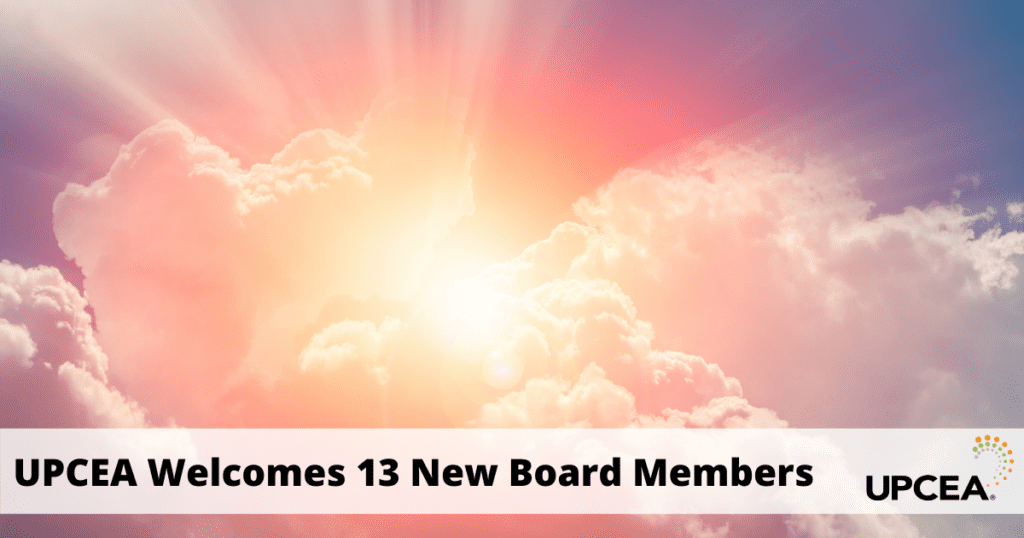Artificial intelligence is rapidly reshaping work across society, and higher education institutions are no exception. Traditionally, discussions around AI in the academy have focused on student-facing issues such as academic integrity and personalized learning. Today’s higher education leaders are called to lead institutional transformation shaped by AI. A new research study from EDUCAUSE conducted in partnership with AIR, NACUBO,…
The Missing Majority: Strategies for Re-engaging Men in Online and Professional Continuing Education
For decades, the narrative in higher education has focused on expanding access. While we have made incredible strides in many areas, a quiet but profound crisis has emerged: the vanishing male student. Across the UPCEA membership, from large public land-grants to private institutions, the data is undeniable. Nationally, women now outnumber men by approximately 60%…
Information and knowledge are growing at an accelerating rate. As we usher graduates out of college, much of their knowledge is useless, already out of date. On Medium, Futurist Jim Carroll writes “In 1900, knowledge doubled approximately every 100 years. By 1945, this rate accelerated to every 25 years, and by 1982, it was every…
When I make presentations about AI, I am most often asked, “What can I do now to ensure that AI doesn’t take my job?” And, that’s a challenge to answer. We do not know just how, and how quickly, AI will roll out. However, a Gallup Poll released last week showed nearly one-quarter of American…
Report: Limited Resources Hinder Continuing Education (Government Technology)
[…] Jim Fong, founding director of UPCEA’s Center for Research and Strategy, said the study found neither adequate staffing nor resources focused on continuing education at these institutions. He said that the systems for the typical two- and four-year enrollment process and the continuing-ed systems aren’t necessarily tied together, adding that many institutions are using…
UPCEA Welcomes 13 New Board Members
WASHINGTON, April 14, 2022 – UPCEA, the Washington, D.C.-based association for college and university leaders in professional, continuing, and online education, is pleased to announce the election of four new officers and nine new directors to serve on the UPCEA Board of Directors. Elected in November 2021, these individuals assumed their roles at the conclusion…
Universities’ continuing ed teams need more data, resources (EdScoop)
Universities are building out continuing education teams to meet demand, but workers say they lack easy access to real-time metrics like enrollment, according to a survey released Monday by the edtech company Modern Campus and the University Professional and Continuing Education Association. According to the report, continuing and professional education professionals see lack of resources…
Significant Changes on Distance Education Regulations Considered as Negotiated Rulemaking Committee Concludes | Policy Matters (March 2022)
Major Updates Significant Changes on Distance Education Regulations Considered as Negotiated Rulemaking Committee Concludes | Consensus on Only Two of Seven Issue Papers Reached The Institutional and Programmatic Eligibility Committee’s final session at the US Department of Education concluded this month, resulting in consensus on language around two issues: Ability To Benefit, and the 90/10…
The tagline for Convergence, Credential Innovation in Higher Education, raises two important questions: First, what kind of credentials are we talking about? Is the scope of credentials unlimited, blue sky, or confined to incremental changes on the margins of the status quo? And second, who is leading that innovation, and what do they need to…
We are pleased to share the foreword by UPCEA CEO Bob Hansen from the newly released Chief Online Learning Officers’ Guidebook: A Framework for Strategy and Practice in Higher Education. The guidebook, now available from Routledge in paperback, hardback, and eBook formats, provides a comprehensive framework for today’s online learning leaders. Learn more and purchase…
Community colleges play a vital role in helping learners access affordable education and career-ready training. Students can earn credentials that lead to meaningful jobs quickly, especially in healthcare. Yet for many, financial stress and unmet basic needs make it difficult to enroll or stay enrolled. These barriers often weigh heaviest on part-time, nontraditional, first-generation, and low-income…
The student journey has changed — and expectations are rising. Students today are moving faster, arriving more informed, and expecting experiences that feel responsive and personalized. Research behaviors are shifting, and AI is increasingly shaping how prospective students discover and evaluate programs. The path to enrollment is becoming more complex and more personalized, and students…

